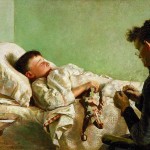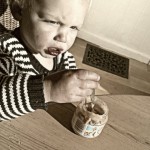What Sugar and Caffeine Really Do to Your Anxious Child’s Brain
You know your child well enough to be able to detect and ward off many potential triggers for anxiety attacks. Sometimes, though, your child may seem more anxious than usual without any obvious cause. Sugar and caffeine are likely culprits. This article explains how sugar and caffeine can be anxiety-provoking, and how you can help your child limit them.















